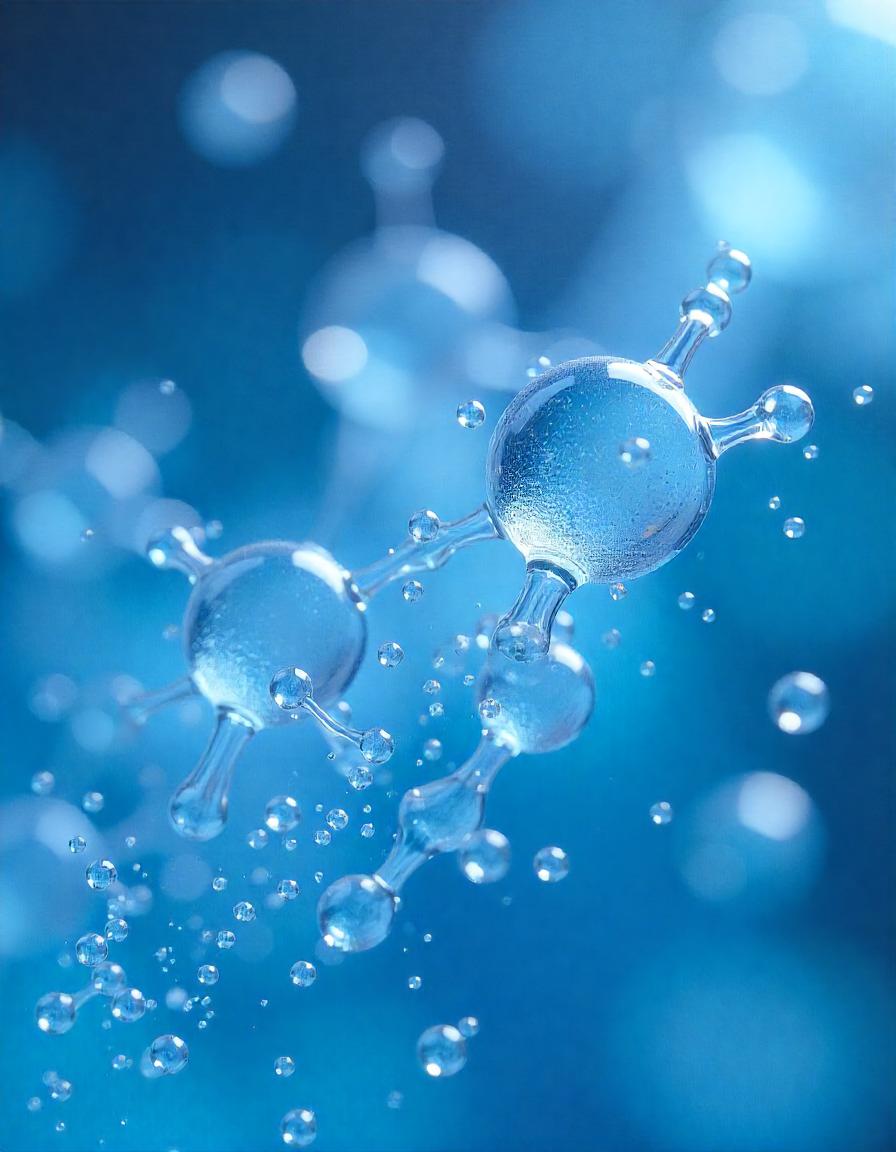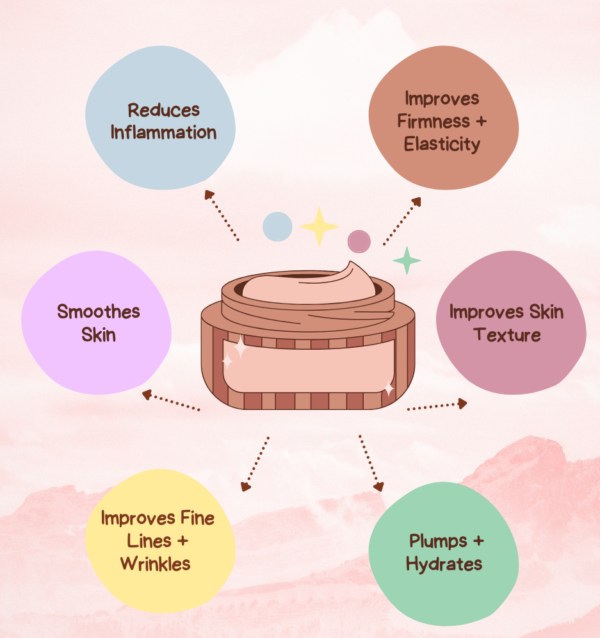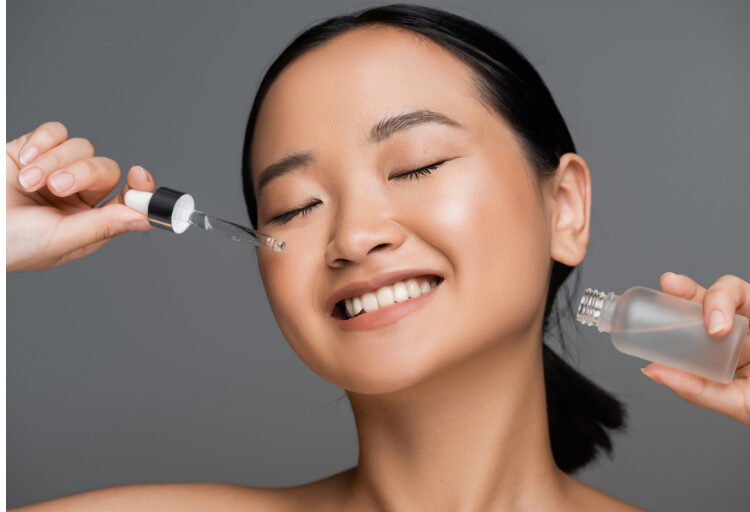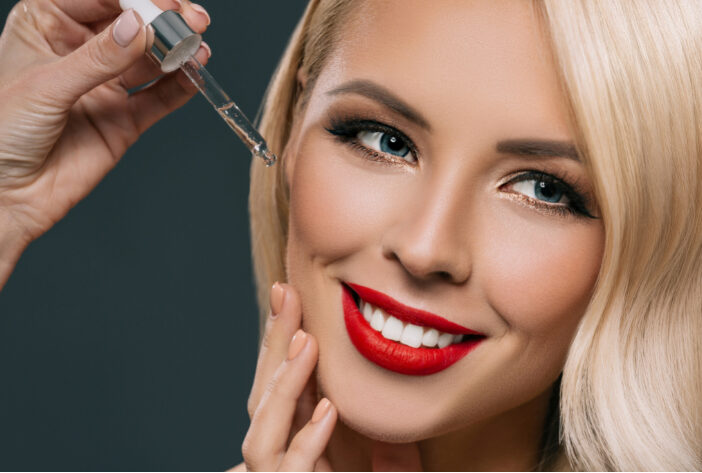Hyaluronic acid (HA) is a buzzword in the beauty and skincare industry—and for good reason. Known for its incredible ability to hydrate and rejuvenate the skin, HA is a powerhouse ingredient found in countless skincare products, dermal fillers, and treatments. In this blog, we’ll explore what hyaluronic acid is, its benefits, uses, safety, and answer some frequently asked questions about this remarkable compound.

What Is Hyaluronic Acid?
Hyaluronic acid is a naturally occurring substance in the human body, found primarily in the skin, connective tissue, and eyes. Its primary function is to retain water, keeping tissues well-lubricated and moist.
In skincare, hyaluronic acid is used in both topical products and injectables to improve hydration, elasticity, and overall skin health. Its water-binding capabilities can hold up to 1,000 times its weight in water, making it a gold-standard ingredient for hydration.

Benefits of Hyaluronic Acid
- Deep Hydration
– HA locks in moisture, giving the skin a plump, dewy appearance.
2. Improved Skin Texture
– Regular use reduces fine lines and wrinkles, making skin smoother.
3. Enhanced Elasticity
– Boosts skin’s natural bounce and firmness.
4. Wound Healing
– Encourages skin regeneration and speeds up healing.
5. Anti-Aging
– Reduces the visibility of aging signs by improving hydration and stimulating collagen production.

Uses of Hyaluronic Acid
- Topical Skincare Products
- Found in serums, moisturizers, and creams, HA provides surface hydration.
- Injectable Dermal Fillers
- Used in aesthetic treatments to add volume to areas like lips, cheeks, and under-eye hollows.
- Medical Applications
- Treats joint disorders like osteoarthritis when injected into joints.
- Wound Care Products
- Included in healing creams for cuts, burns, and wounds.
Is Hyaluronic Acid Safe to Use?
Hyaluronic acid is considered extremely safe for most people. Being a substance naturally found in the body, allergic reactions are rare. It is non-comedogenic (won’t clog pores), making it suitable for all skin types, including sensitive and acne-prone skin.
When Used Topically: Rarely causes irritation.
When Used as Fillers: FDA-approved and widely used by professionals with minimal risks when performed by a qualified practitioner.
Frequently Asked Questions About Hyaluronic Acid
Q1: Can hyaluronic acid cause side effects?
A: Side effects are rare but may include mild irritation or redness when applied topically. Injectable fillers may cause temporary swelling or bruising.
Q2: Can I use hyaluronic acid daily?
A: Absolutely! HA can be used twice daily as part of your morning and evening skincare routine.
Q3: Is hyaluronic acid suitable for oily skin?
A: Yes, HA is lightweight and won’t make your skin feel greasy. It helps balance oil production by hydrating the skin.
Q4: Can pregnant or breastfeeding women use hyaluronic acid?
A: Topical HA is generally safe, but always consult your doctor before trying new treatments, especially injectables.
Conclusion
Hyaluronic acid is a game-changer in both skincare and medical aesthetics, offering hydration, anti-aging benefits, and versatile applications. Whether you’re looking to improve your skincare routine or offer advanced treatments at your clinic, HA is a must-have ingredient.

 Cart is empty
Cart is empty 


Add a Comment